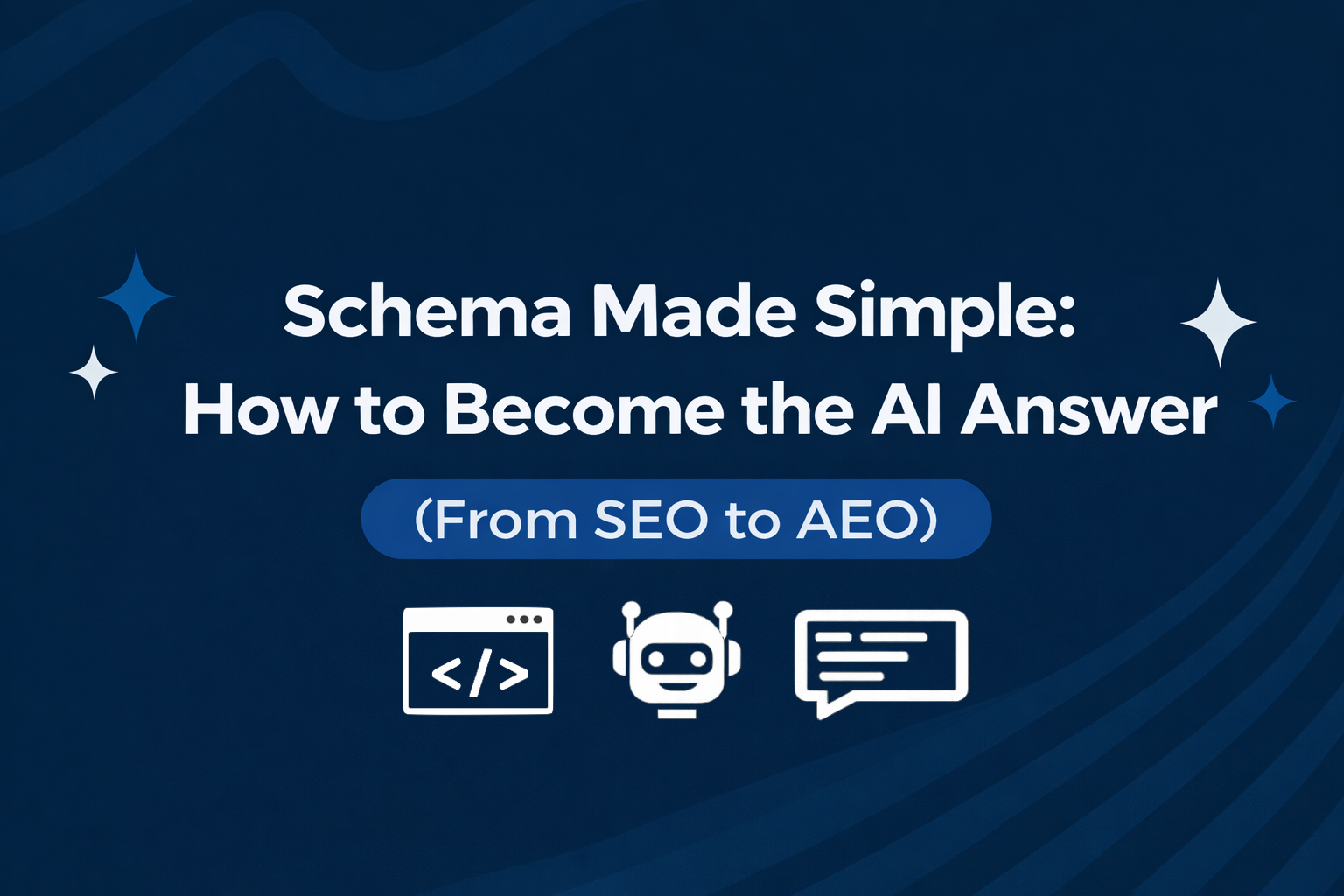In a highly competitive industry, marketing for commercial contractors is essential. Among the many options available to contractors is pay-per-click (PPC) advertising. Although it is one of the grandfathers of internet marketing, it's still around because it's an effective tool that will really the most of your cyber real estate. That is, it can make the most of your marketing money, but only if it's executed properly.
Related Blog: Marine Contractors Save Money by Replacing PPC With Inbound Marketing
1. Controlled Costs
Marketing is one of those costs that many companies struggle with. To straddle the barrier between necessary and not-enough-money, PPC can help you better control your costs. With Google Adwords, you are putting yourself out there for the world to see, but you don't pay unless someone clicks on your ad. AdWords accounts for smaller budgets by allowing worry-free advertising, as the ad will disappear when the maximum amount of money has been spent.
2. Targeted Demographic
As a commercial contractor, you have a very specific demographic that you're trying to get in front of. If you're weighing PPC vs. inbound marketing, remember that Google AdWords' algorithms are designed to target the exact people who are seeking services like yours. Your ad will end up in front of people seeking electrical, concrete, carpentry, flooring, construction and masonry commercial contractors for buildings, factories and the manufacturing industry because Google will do the heavy lifting for you.
3. Proven ROI
Inbound PPC offers one of the simplest ways to measure ROI. You'll know exactly who clicks on your ads and becomes a lead, and you'll have the data to understand when, where, and why those customers clicked on you so you can enhance your campaign going forward. You only pay when someone clicks, so the metrics of this option are very measurable.
4. Closing the Loop
Ultimately, you shouldn't be weighing PPC vs. inbound marketing because they'll work best if they work together. Inbound marketing will allow you to pick up the missing pieces of your PPC campaign. You'll be able to track everything that happens after your potential customer clicks your ad. You won't be stuck with visits; you'll obtain leads that you can follow-up with and enter into your sales funnel.
Looking for a concrete example to explain PPC vs. inbound marketing? Check out our Duncan Seawall Case Study, and you'll see how we utilized marketing for commercial contractors to shoot ROI through the roof!




.png)
